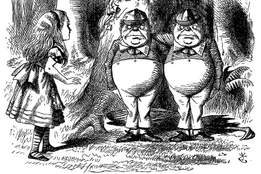1
: a treatise on or list of the plants of an area or period
2
: plant, bacterial, or fungal life
especially
: such life characteristic of a region, period, or special environment
fossil flora
intestinal flora
compare fauna
Love words? Need even more definitions?
Merriam-Webster unabridged











Share